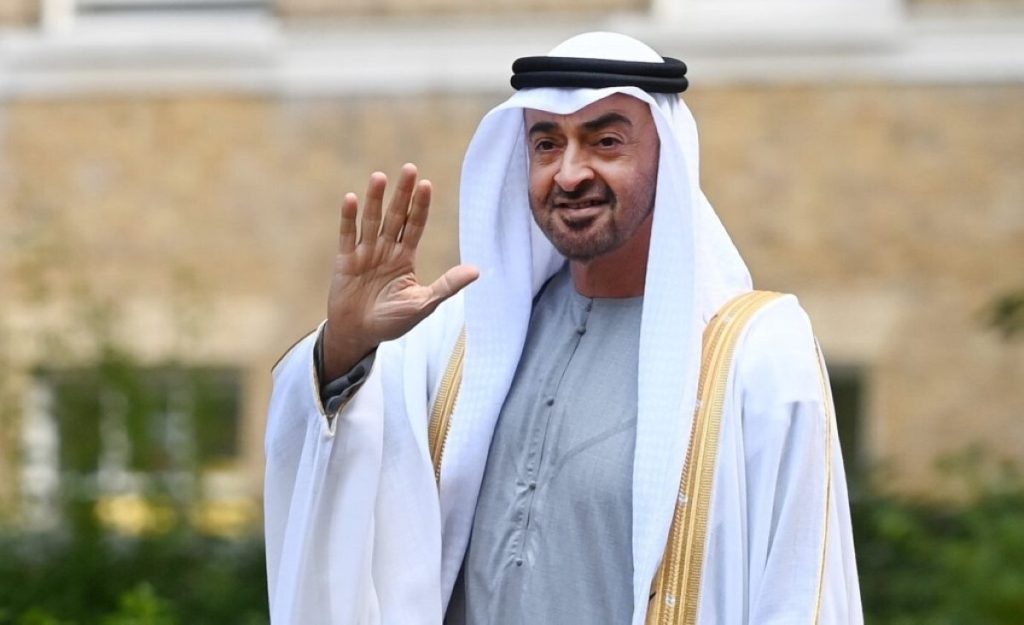Asaad al-Shaibani’s Cold Reception in Abu Dhabi Sparks Diplomatic Tensions
The Syrian Foreign Minister’s Visit Raises Questions About UAE’s Position on Post-Assad Syria
Watan–Asaad al-Shaibani, the Foreign Minister of Ahmed al-Sharaa’s government (widely referred to in media as “al-Jolani’s government”), arrived in the UAE capital, Abu Dhabi, for an official visit. This visit is part of a diplomatic tour of the region following the fall of Bashar al-Assad’s regime.
The Syrian delegation, which also included Defense Minister Marhaf Abu Qasra and General Intelligence Chief Anas Khattab, was received by UAE Foreign Minister Abdullah bin Zayed. However, the manner in which the reception was conducted sparked widespread criticism among Syrians and supporters of the interim government.

The meeting was held in a modest hall and notably lacked the display of the Syrian revolutionary flag, reflecting a cool and strained relationship between the two sides. The absence of the formalities and honors typically associated with visits by high-ranking officials was evident. Photos and footage from the event showed Abdullah bin Zayed seated in an informal manner, with his legs crossed and wearing sneakers, which many interpreted as a clear breach of the protocols usually followed during such diplomatic occasions.
Comparisons were drawn on social media with past receptions accorded to Bashar al-Assad during his visits to the UAE. Activists highlighted how Emirati officials, including the UAE president, had warmly welcomed Assad and even rushed to embrace him, despite the atrocities his regime had committed against the Syrian people. The UAE’s support for Assad continued until the final moments of his regime, with Abu Dhabi condemning the opposition-led operation, “Deterrence of Aggression,” which ultimately brought about his downfall.
The UAE’s historical stance regarding Arab uprisings was also brought into the ongoing discussions. Many pointed to the example of Egypt, where the UAE initially supported the late President Mohamed Morsi, only to later back the military coup that ousted him in 2013. This precedent has raised significant concerns within Syrian opposition circles about the UAE’s potential intentions toward al-Jolani’s government and whether it aims to influence the future political landscape in Damascus following Assad’s departure.

In light of this contentious reception, questions have emerged about how al-Jolani’s government will respond to the perceived snub and whether it will reassess its relations with the UAE. Will the interim government continue its efforts to build stronger regional ties despite these apparent signals, or will it take a more cautious approach toward Abu Dhabi in the coming period?






